Salepage link: At HERE. Archive:
$59.99 $18 – Addictive Behaviors as Self-Preservation-Key Insights from the Internal Family Systems Model – Richard Schwartz
By looking at addictive behaviors – from drugs and alcohol to sex, technology, and binge eating — as means of self-protection and a way of staving off deep personal pain, the IFS model provides a model of treatment that avoids power struggles, and feelings of shame and judgment that can often accompany treatment for trauma and addictions.
Watch IFS developer, Richard Schwartz, demonstrate how IFS is used with addictive behaviors and see how the IFS model is a compassionate means to revisit trauma and initiate healing, and in turn, helps the individual to address the subsequent addictive behaviors often without the need for extended grounding techniques at the beginning of treatment.
Developed over the past four decades, the Internal Family Systems (IFS) model offers both a conceptual umbrella under which a variety of practices and different approaches can be grounded and guided and provides a set of original techniques for creating safety and fostering Self-to-Self connection in traumatized clients.
- Determine how the Internal Family Systems Model (IFS) views addictive behaviors and recovery.
- Apply IFS-specific grounding techniques that may help clients with addiction, recovery and trauma.
- Apply three IFS-specific techniques for reducing addictive behaviors and symptoms of traumatic stress.
Multiplicity & the Self
- Evolution of the IFS approach
- Multiplicity of the mind
- Stumbling on to the self
Internal Family System (IFS) with Trauma
- IFS techniques:
- Honoring protectors
- Dealing with the overwhelm
- Witness and retrieve exiles
- Unburden trauma memories, beliefs and emotions
Keys to Working Safely with Addictions and Trauma
$59.99 $18 – Addictive Behaviors as Self-Preservation-Key Insights from the Internal Family Systems Model – Richard Schwartz
![GBesy [GB] GBesy [GB]](https://gbesy.biz/wp-content/uploads/2023/05/gbesy-Logo-full-100.png)
![GBesy [GB] GBesy [GB]](https://www.gbesy.com/wp-content/uploads/2023/05/gbesy-Logo-full-100.png)

![[Audio] The Missouribar - 2019 Letters of Intent in Real Estate Transactions](https://gbesy.biz/wp-content/uploads/2023/07/Audio-Only-2019-Letters-of-Intent-in-Real-Estate-Transactions-350x233.png)
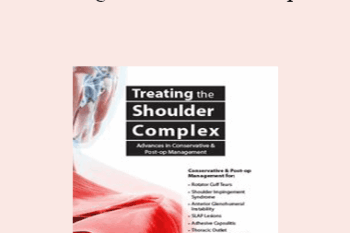
 Purchase this course you will earn
Purchase this course you will earn 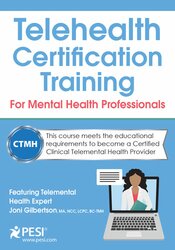
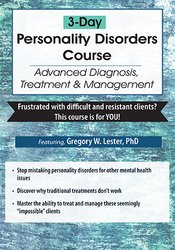
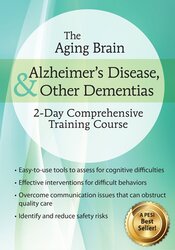
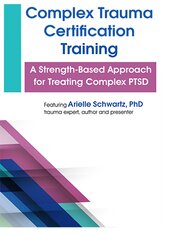
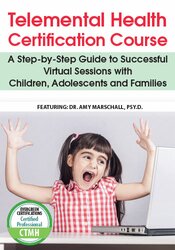

Reviews
There are no reviews yet.